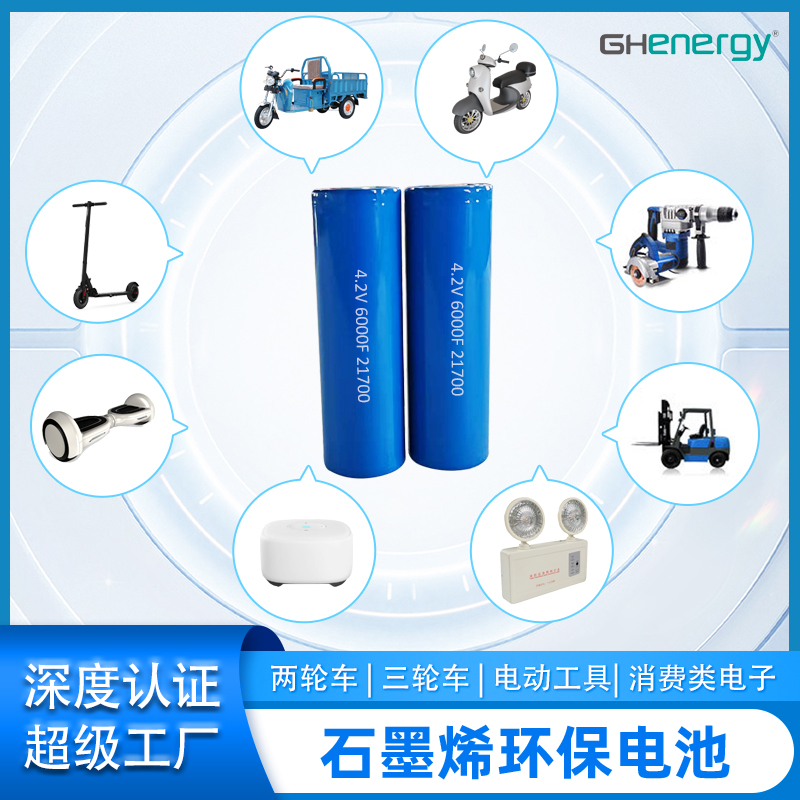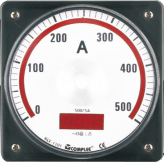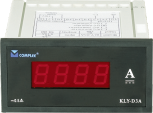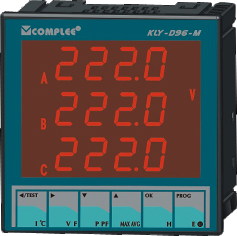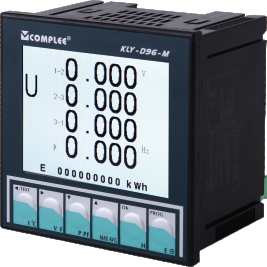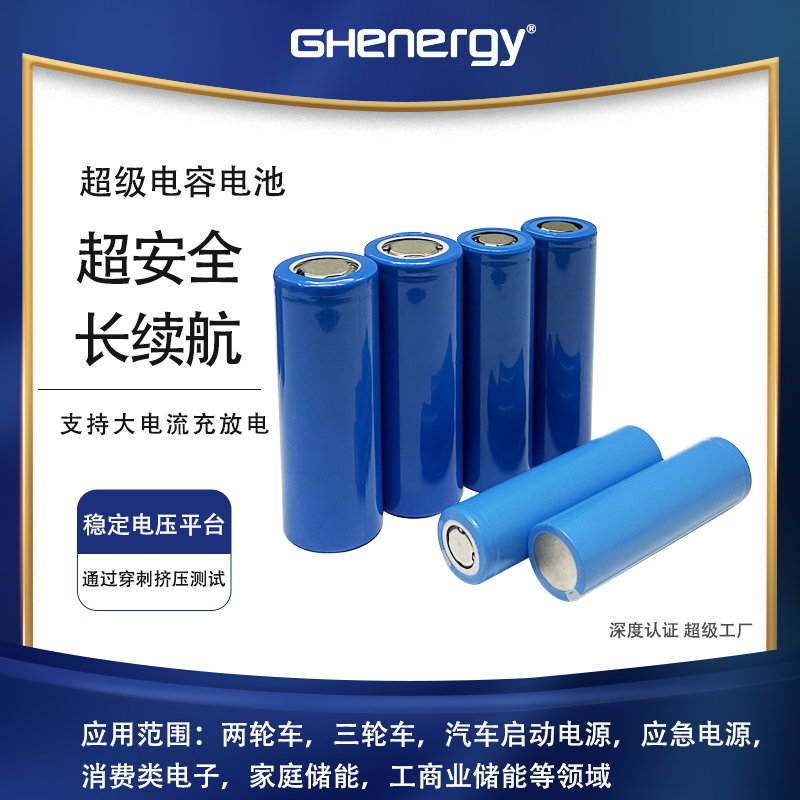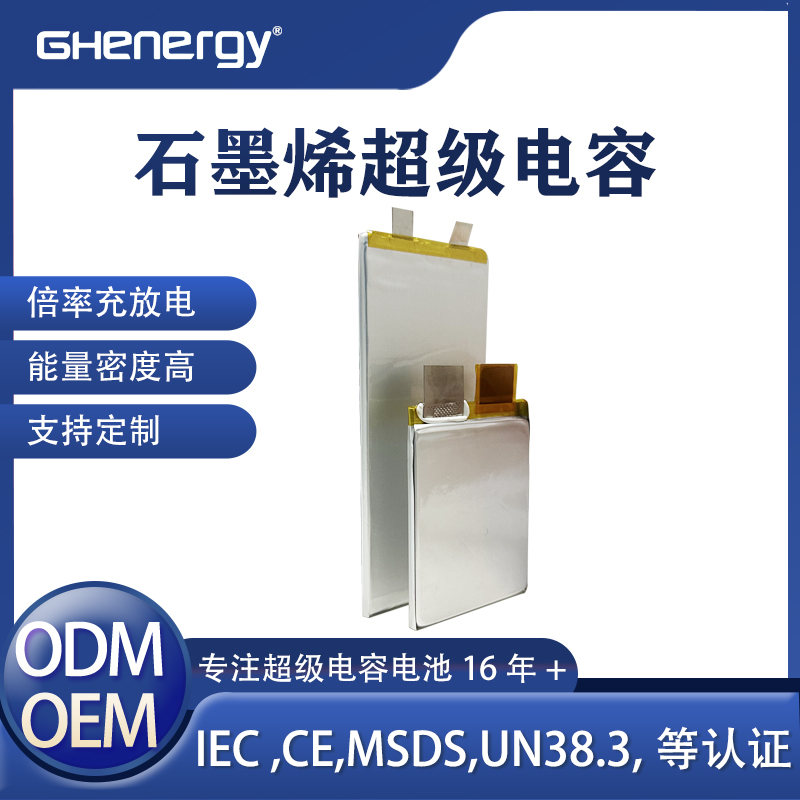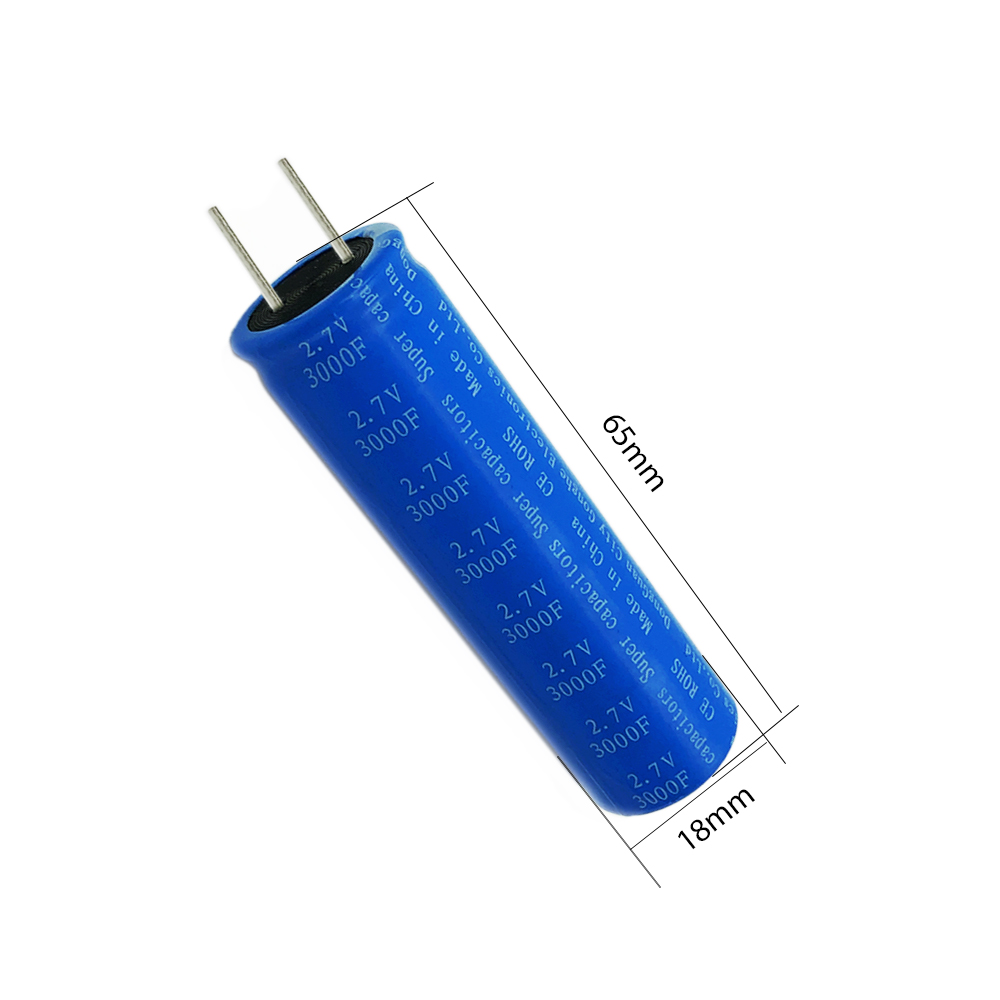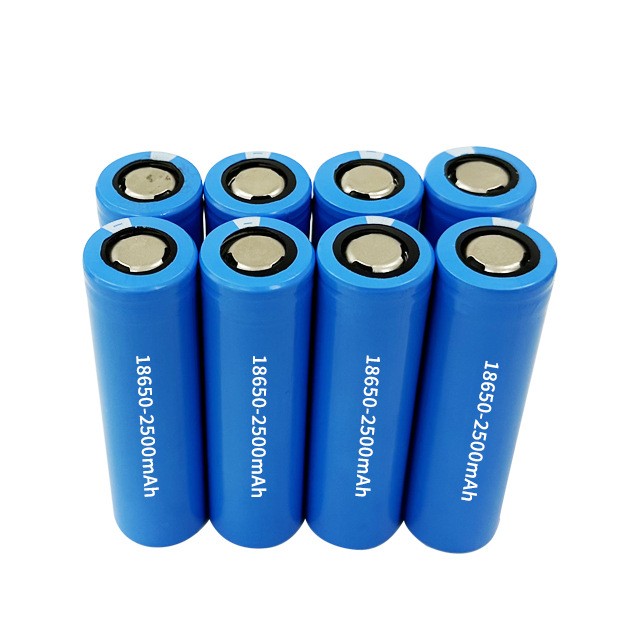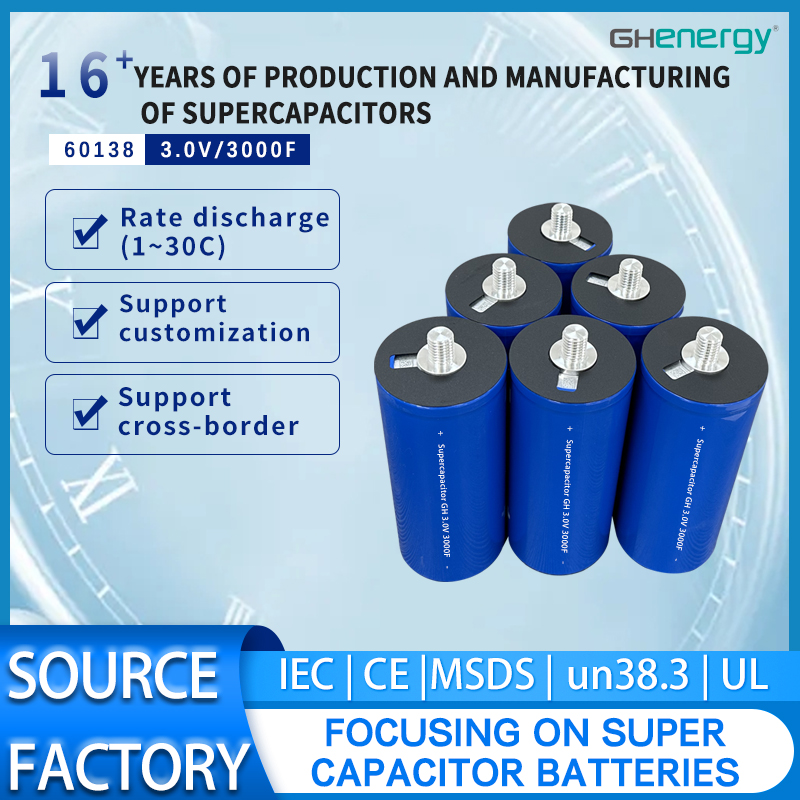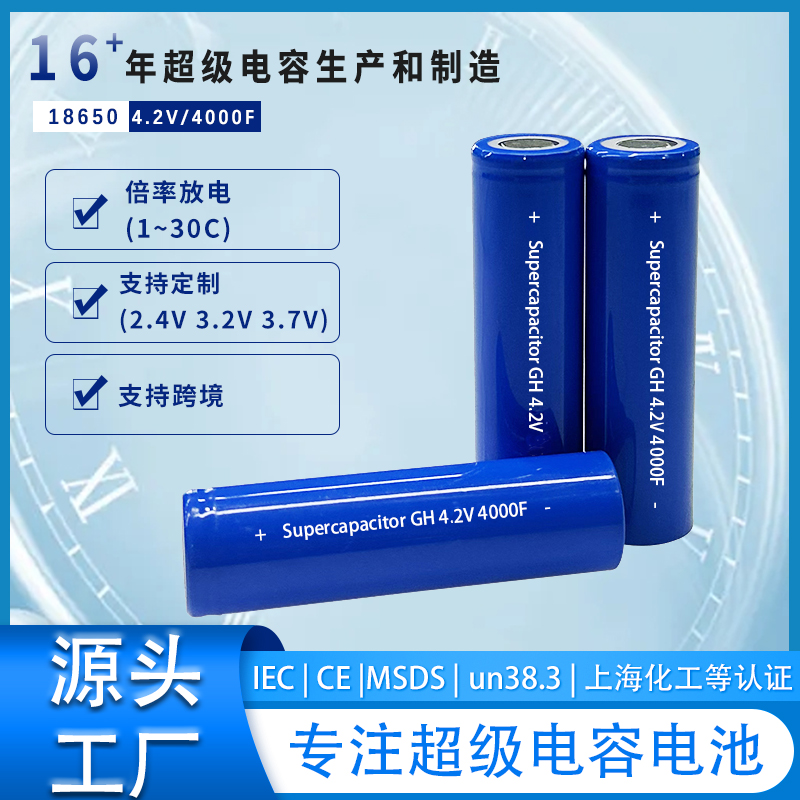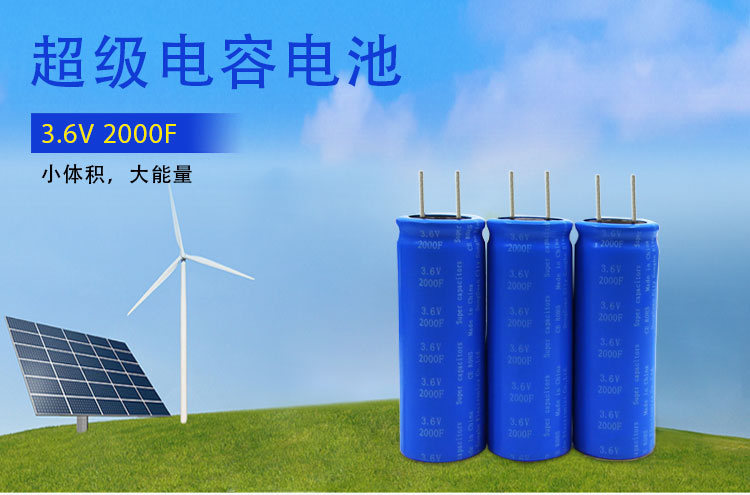Wedoany.com Report-Nov 22, The Midwest Alliance for Clean Hydrogen (MachH2) and the HyVelocity hydrogen hubs have officially become the fourth and fifth projects to receive funding from the US Department of Energy (DOE), marking the launch of their initial development phases.
MachH2 has been bolstered by an initial $22.5 million allocation from the $1 billion in federal funding it secured, whilst HyVelocity has secured $22m from $1.2bn.
Phase one of the hubs is expected to last between 12 and 18 months, encompassing planning, design, development and community and labour engagement activities.
H2 View understands that the eight projects located in Illinois, Indiana, and Michigan that form part of MachH2 will produce over 1,000 tonnes per day of pink, blue, or green hydrogen, subject to guidance from the US Treasury Department and tax credits under 45V.
The first of the four stages will see the companies involved, such as Air Liquide, Plug Power and ExxonMobil, determine project locations across the Midwest region, including the potential to expand into additional Midwestern states.
The HyVelocity hub, located on the Gulf Coast and led by GTI Energy, boasts 80 supporting participants across academia, potential offtakers and local governments, to leverage natural gas reserves and renewable energy abundance.
Last year, MachH2 and HyVelocity were selected as two of seven projects to receive funding via the Regional Clean Hydrogen Hubs (H2Hubs) programme financed by the DOE and managed by OCED.
“Federal investment in hydrogen hubs represents a once-in-a-lifetime opportunity to significantly reduce emissions from hard-to-decarbonise industries, create new clean energy jobs, clean our air, and invest in historically overburdened communities,” explained Dr. Dorothy Davidson, CEO of MachH2.
Regarding HyVelocity, Paula Gant, President and CEO of GTI Energy said, “The hub demonstrates the power of collaboration in catalysing economic growth and creating value for communities as we build a regional hydrogen economy that delivers benefits to Gulf Coast communities.”
California’s ARCHES, PNWH2 from the Pacific Northwest and ARCH2 from the Appalachian region were the first three hubs to sign cooperative agreements with the DOE and progress to phase one, with the latter two receiving $22.7m and $30m respectively.
